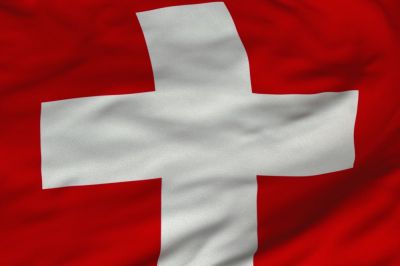
There are ten cantonal universities and two Federal Institutes of Technology. The universities in Basel, Bern, Lucerne, St. Gallen and Zurich and the Swiss Federal Institute of Technology Zurich (ETHZ) are in the German-speaking part of Switzerland, while the universities of Geneva, Lausanne and Neuchâtel and the École polytechnique fédérale de Lausanne (EPFL) are in the French-speaking part of Switzerland. The University of Fribourg is in the bilingual canton of Fribourg (French and German), and the Università della Svizzera italiana in the Italian-speaking canton of Ticino.
The Graduate Institute of International and Development Studies (Institut universitaire des hautes études internationales et du développement [IHEID]) in Geneva, the Swiss Graduate School of Public Administration (Institut de hautes études en administration publique [IDHEAP]) in Lausanne, the Institut universitaire Kurt Bösch (IUKB) in Sion and the Distance Learning University Switzerland are all considered to be university-level institutions.
The universities organise their courses of study in a three-year
Bachelor degree (full-time study) and a Master programme lasting
one-and-a-half to two years (full-time study).
Students are
provided with basic knowledge at Bachelor level, and with in-depth,
specialised and more research-based knowledge at Master level. Every
university Bachelor degree offered by a Swiss university provides for a
seamless transition into a Master degree programme. The Master degree is
the standard qualification. After the Master degree students may
commence a Doctoral programme.
There are seven universities of applied sciences recognised by the Confederation. These are distributed over seven Swiss regions and comprise around 60 affiliated schools and departments. The Confederation has also recognised two private universities of applied sciences.
The universities of applied sciences organise their courses of
study in a three-year Bachelor programme (full-time study); the Bachelor
degree qualifies graduates for a profession and represents the standard
qualification. At the Bachelor level the students are taught specialist
practical knowledge. The courses are closely linked to a profession and
the corresponding fields of activities and prepare students directly
for entry into professional life.
Following the successful
completion of the Bachelor programme, students may complete a Master
programme lasting one-and-a-half to two years (full-time study). A
limited number of Master study courses are offered to deepen scientific
specialist knowledge. In the music sector most Bachelor graduates
continue their studies at Master level.
Unlike conventional
universities, the universities of applied sciences cannot award any
doctorates, as only conventional universities have the right to award
doctorates.
Given the practical nature of their courses and their research in this specific vocational area, the universities of teacher education are classed as universities of applied sciences. Unlike the universities of applied sciences the cantons are responsible for their regulation, as they train students for the teaching profession which is regulated by the cantons. The cantons are also responsible for the organisation and funding of universities of teacher education, for which they are the maintaining bodies. The vocational and professional training and professional development of teaching staff and of experts in the field of special education is academic in nature and is mainly carried out at universities of teacher education.